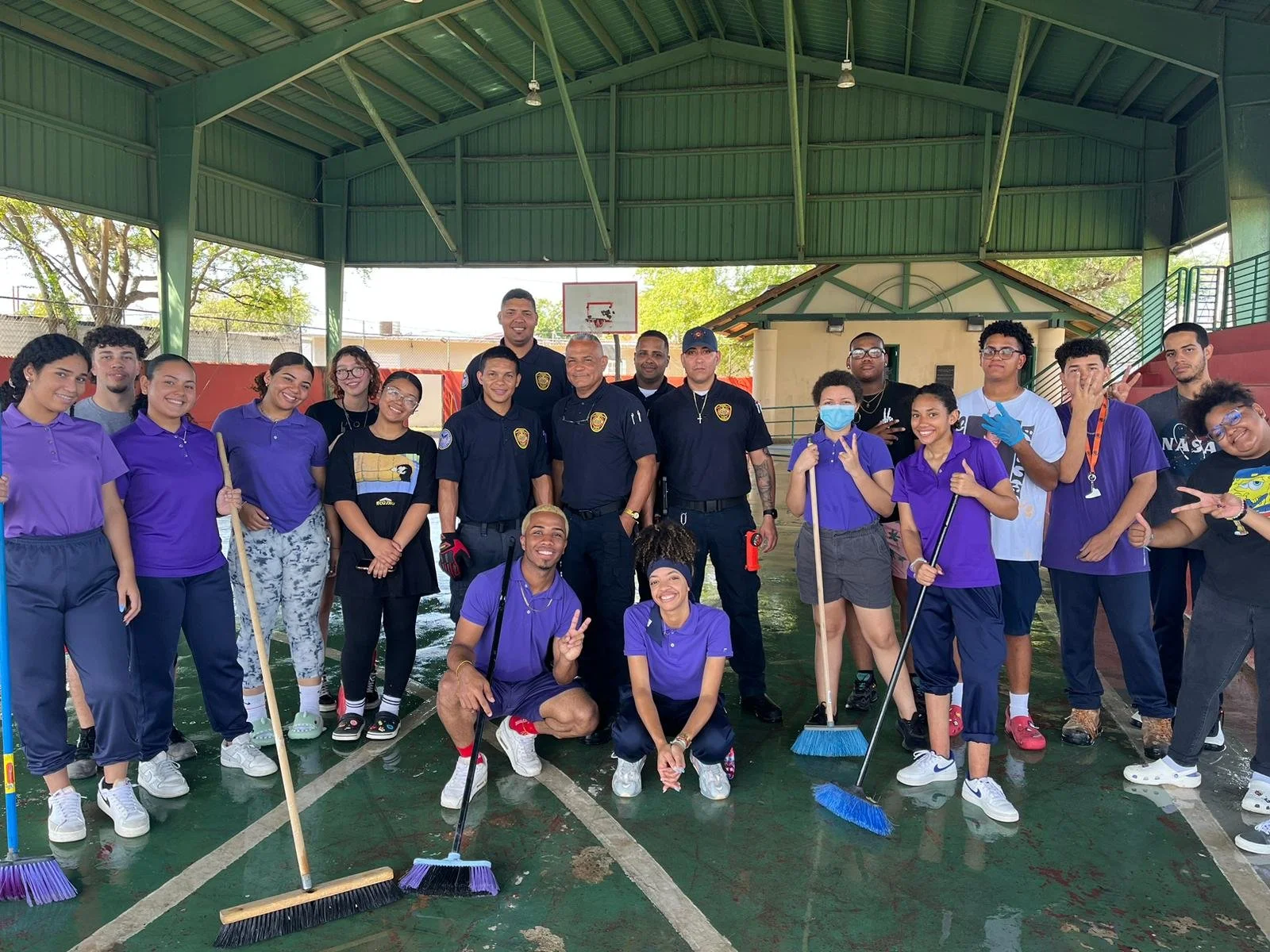Living Montessori
By: Gladiza Santiago
(Coordinator of Elementary INE)
Maria Montessori understood that the child is kind by nature. She saw the boy as a neutral being, without prejudice. For this reason, the Montessori philosophy encourages educating for peace from a very young age.
Any Montessori guide wants to educate children and youth who feel good and at peace with themselves, who have great respect and a sense of responsibility towards their community and that this sense of community extends to the world.
They are expected to be better human beings: to resolve their differences with respect, honesty and through dialogue.
Peace begins in each individual. Therefore, in the Montessorian environment, children are encouraged to develop a sense of physical, mental and spiritual well-being. Children and young people are also expected to develop self-confidence.
In the environments, freedom of movement, good nutrition and going out of the environment are encouraged, which has the effect of taking good care of the body. The exercises of full consciousness “mindfulness” that are carried out in the environment are a concrete example of activities that promote the sense of individual well-being.
The Practical Life activities are another concrete example of how self-confidence is developed. The Practical Life exercises give the boy or girl the opportunity to concentrate on a task. Concentration and repetition in turn leads the child, to find peace. When the child experiences the joy of having accomplished something, he builds confidence in his abilities. He feels happy.
The freedom provided to the child in the environment also contributes to his sense of well-being. Being able to choose, being able to make decisions, the proper management of emotions and assuming the consequences of their actions contribute to the development of self-awareness.
Hand in hand with the sense of individual well-being, the sense of community is fostered in Montessorian classrooms. Children and youth practice grace and courtesy as a group, in various situations that arise in the environment, such as when you have to wait your turn, or when you have to wait if someone is using a material, or when you respect the space of the other.
The freedom to move and choose promotes interaction between partners. This in turn encourages work in pairs or in groups, which leads the child and youth to cooperate and make decisions in consensus. This leads them to experience success and joy at a collective level, but in turn that joy fills personal satisfaction.
The contribution of each member of the collective is valued. When differences or conflicts arise, reflection and dialogue are encouraged as tools to resolve them in a respectful, honest and peaceful manner.
The sense of community extends beyond the prepared environment: it extends to the entire school, to the community to which the school belongs, to the country and to the world. This is why a deep respect for differences and other forms of life is fostered.
Through the study of other cultures, respect for differences is fostered, as is the need to protect human rights, and a sense of gratitude for their contributions arises. The child and the youth understand that we are all equal because all humans have the same fundamental needs. In addition to the study of diverse cultures, through the studies of History and Biology, Montessorian boys and girls are exposed to the study of the origin and diversity of life on our planet, which contributes to developing a sense of respect for other forms of life.
Taking care of a pet that the group has wanted to adopt also contributes to this. Broadly speaking, the sense of environmental responsibility is planted in children through activities that take care of the environment, such as sweeping, cleaning the table or watering the plants. At each stage of development, efforts are made for the child to have contact with nature.
The little ones go out to play and explore in the schoolyard. The older ones already go out to other parts of the school and outside of it to serve their community. This is why community service is part of the activities of older children and youth.
Educating to achieve a better world is still valid today. As the Dalai Lama says, “We must educate children in the practice of compassion worldwide.”




